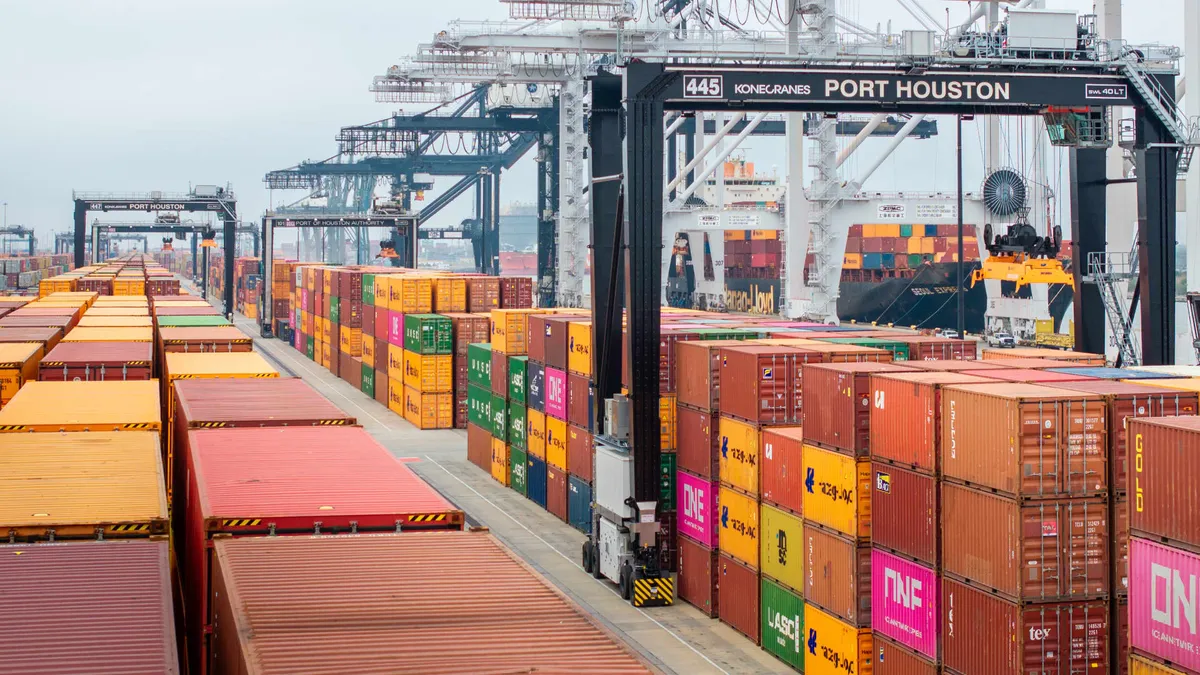
A version of this article first appeared in CNBC's Inside Wealth newsletter with Robert Frank, a weekly guide tailored for the high net worth investor and consumer. If you want to stay informed, sign up to receive future editions directly in your inbox.
This week’s tariff volatility and the accompanying confusion surrounding government policy have prompted many family offices to slow their deal-making activities. Experts indicate that while these entities traditionally focus on long-term investments, the current climate of uncertainty is causing a strategic pause. On Thursday alone, the S&P 500 index dropped by 1.3%, with all three major averages experiencing a decline of approximately 3% for the week due to newly implemented tariffs affecting Mexico, Canada, and China.
Despite the market fluctuations, family offices and their advisors express a sense of calm. Many are not rushing to sell stocks in response to the downturn, nor are they seizing the opportunity to buy at lower prices. Instead, a collective decision has emerged among many families to pause on significant investments or private deals until there is greater clarity on the overarching policy direction. Michael Zeuner, managing partner of WE Family Offices, noted, “Most families are hanging back and not making any big bets, staying diversified and maintaining liquidity until they see how things play out.”
One Chief Investment Officer (CIO) of a family office mentioned they were conducting due diligence on a private company with operations in Mexico, but they decided to hold off until the policy landscape becomes clearer. This cautious approach reflects the broader sentiment among high-net-worth investors who are equipped to weather the storm of market volatility.
According to Charlie Garcia, founder of R360, an investment community for centimillionaires, the ultra-wealthy have been preparing for the possibility of tariffs since the election. However, significant changes to their portfolios have not been widely enacted. Garcia stated, “Because they're centimillionaires, the focus is on decades, not quarters.” He added that while there have been no drastic shifts, some investors are making modest adjustments, such as increasing allocations to U.S. producers of steel and aluminum through private equity or diversified materials funds.
Deepak Puri, the Americas Chief Investment Officer of Deutsche Bank's private banking division, reported that client queries range from concerns about a potential bear market—something the bank does not foresee—to inquiries about safer investment options like bonds and gold. Jason Katz, a senior portfolio manager at UBS, noted that while most clients remain relatively calm regarding the tariffs, a noticeable difference in sentiment exists along political lines. “One's politics definitely play into the queries we're receiving,” Katz remarked, highlighting how political affiliations can influence investment concerns.
Elliot Dornbusch, founder and CEO of CV Advisors, emphasized that while his firm’s clients are generally unconcerned about portfolio construction, many are anxious about the future and the unknowns that lie ahead. Dornbusch, whose Miami-based firm manages $13 billion in assets, noted, “They are really more concerned about the future. What is coming? We don’t know. I mean, we’re going to have to take it day by day.”
This ongoing uncertainty serves as a reminder of the importance of adaptability and strategic planning for family offices and high-net-worth investors in a rapidly changing economic landscape.